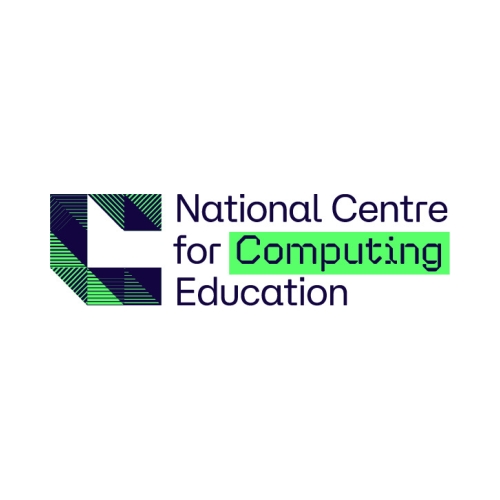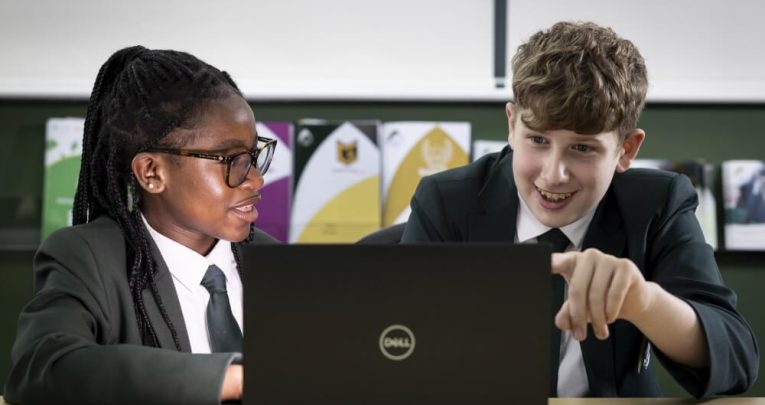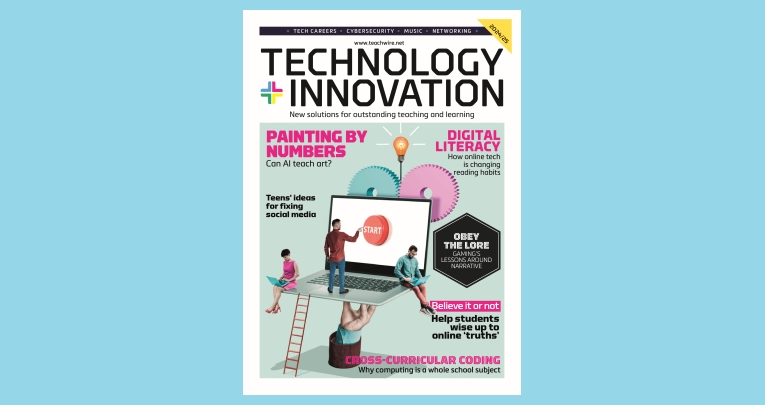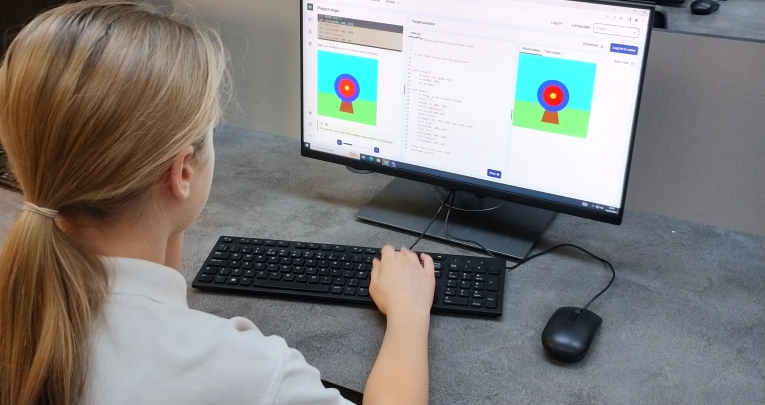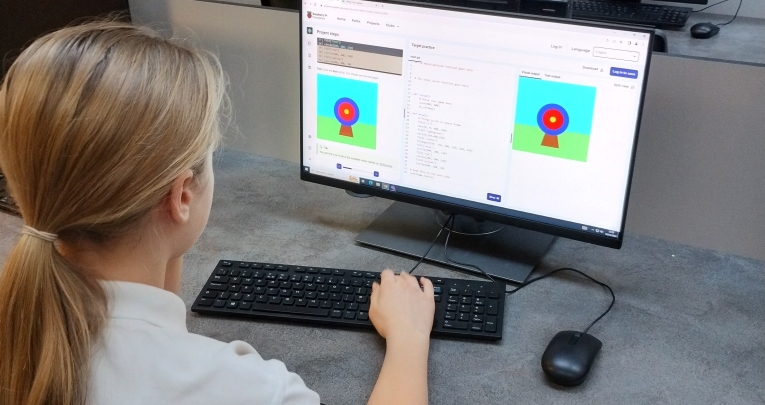Find out how you and your ICT colleagues can benefit from the CPD courses offered by the National Centre for Computing Education…
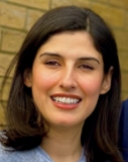
About me
Andrea Tyrrell
Andrea is a head of faculty at The Ellen Wilkinson School for Girls, juggling various roles as a mum, ECT mentor, staff governor, associate professional development leader and advocate for the National Centre for Computing Education (NCCE).
Talking about: Computer science CPD and certification
How did you find out about the KS3 and GCSE computer science subject knowledge certificate?
It was April 2022. I signed up for the certificate at the start of the school year, but as a busy head of faculty, I ignored the emails for a few months.
Then, however, I started attending CPD courses where I’d pick up useful tips on how to approach topics, or make notes on nifty resources shared with us by an NCCE facilitator. It made me pick it back up.
I would get a buzz every time I earned a badge, which there are plenty of. I loved how the system kept track of what I participated in, so I kept at it.
It just goes to show that we teachers love a bit of praise and recognition, just like our students!
“The great thing about the NCCE CPD is that you can meet people from across the country who may be teaching in different setups.”
Why did you decide to sign up for the certificate?
I knew that to improve as a teacher and head of faculty, I’d need to carve out some time for my own learning.
I wanted to complete something tangible and useful. After all, I didn’t want to suggest courses to other members of my department and encourage them to complete the certificate if I hadn’t attempted it myself.
It was also the right time for me to connect with other computing teachers outside of my school, try out new teaching methods and share ideas. The great thing about the NCCE CPD is that you can meet people from across the country who may be teaching in different setups, and you can share knowledge and some hints and tips.
Has your teaching changed since earning the certificate?
The most significant transformation I’ve experienced is a heightened awareness of inclusive computing. I’ve actively worked to create a more welcoming environment for everyone who enters computing.
My goal is to avoid overwhelming students who might feel that computer science is not for them. I want more pupils from all backgrounds to choose computer science as a GCSE option.
We are (thankfully) moving away from this idea that computer science is ’hard’, and that only ‘strong maths pupils’ should sign up for it. There’s more work to be done in this area, but the certificate and courses are a start.
“The most significant transformation I’ve experienced is a heightened awareness of inclusive computing.”
Would you recommend the certificate to other teachers?
Yes, definitely! The certificate is awarded by BCS, The Chartered Institute for IT – a recognised professional body.
I believe it has bolstered my academic reputation, and further enhanced both my credibility and that of my department, since most people don’t see how much computing teachers work behind the scenes.
The certificate is a reminder to us all of the hours we have put in, and that our subject involves deep learning and constant practice. The certificate inspired me to encourage my own students to consider careers in computing, and to help them accept that learning never stops – especially in the field of technology.
For more information, call 01904 328 300, email info@teachcomputing.org or visit the NCCE website.
- This programme for teachers and leads to a nationally recognised certificate
- It is available to current and aspiring computing teachers possessing varying levels of expertise
- You can tailor your learning, selecting from a wide range of courses to increase your subject knowledge
- There are no fees to pay for teachers in England who work in state-funded schools and colleges




